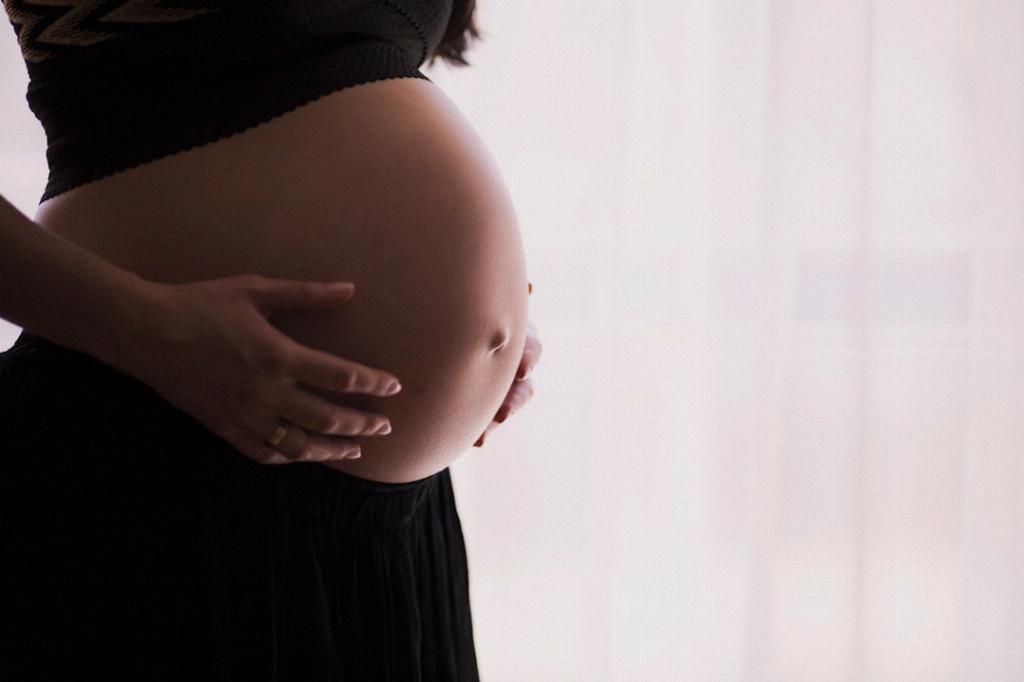When it comes to the question of whether both partners have to come at the same time to get pregnant, it’s important to understand the science behind conception. Pregnancy occurs when a sperm fertilizes an egg, leading to the formation of a zygote. This process typically happens during ovulation, which is when the ovary releases an egg into the fallopian tube.
The Role of Ovulation in Conception
Ovulation is a crucial phase in the menstrual cycle, as it is the prime time for fertilization to occur. Sperm can survive in the female reproductive tract for up to five days, waiting for the egg to be released. The egg, on the other hand, has a much shorter lifespan of about 12-24 hours post-ovulation. Therefore, timing intercourse around ovulation is essential for conception to take place.
The Importance of Sperm Survival
Given that sperm can survive in the female body for several days, it is not necessary for both partners to come at the same time during intercourse. As long as sperm are present in the reproductive tract around the time of ovulation, there is a chance of fertilization occurring. This means that the timing of intercourse relative to ovulation is more critical in determining the likelihood of pregnancy.
Factors Affecting Conception
Several factors can influence the likelihood of conception, including the quality and quantity of sperm, the health of the egg, and the overall fertility of both partners. While simultaneous orgasms may enhance the experience of intimacy, they are not a determining factor in whether pregnancy occurs.
Timing Intercourse for Pregnancy
For couples trying to conceive, understanding the woman’s menstrual cycle and identifying her fertile window is crucial. This window typically occurs in the days leading up to and including ovulation. By timing intercourse during this period, couples can maximize their chances of getting pregnant.
Communication and Connection
While both partners reaching orgasm simultaneously can be a shared goal for some couples, it is not a prerequisite for conception. Building open communication, trust, and connection with your partner can enhance the overall experience of trying to conceive and strengthen your relationship.
Considering Individual Preferences
Each couple is unique, and what works for one may not necessarily work for another. Some couples may find that synchronized orgasms lead to a more fulfilling sexual experience, while others may focus more on the emotional connection and intimacy of the moment. It’s essential to prioritize what feels right for you and your partner.
Exploring Different Approaches
There are various methods and approaches to increasing the chances of conception, such as tracking ovulation, monitoring fertility signs, and seeking medical advice if needed. It’s important to explore different strategies and find what works best for you as a couple.
Seeking Professional Guidance
If you have been trying to conceive without success, it may be beneficial to consult a healthcare provider or fertility specialist. They can offer valuable insights, conduct tests to identify any underlying issues, and provide guidance on the best course of action moving forward.
Embracing the Journey
Remember that the journey to parenthood can be filled with ups and downs, and it’s essential to support each other emotionally throughout the process. Celebrate your love, connection, and commitment to starting a family, and trust that everything will unfold in its own time.
Conclusion
In conclusion, coming at the same time is not a requirement for getting pregnant. What truly matters is timing intercourse effectively around ovulation, maintaining open communication and connection with your partner, and exploring different approaches to enhance your chances of conception. Embrace the journey with positivity, patience, and a shared sense of purpose as you navigate the exciting path to parenthood.

